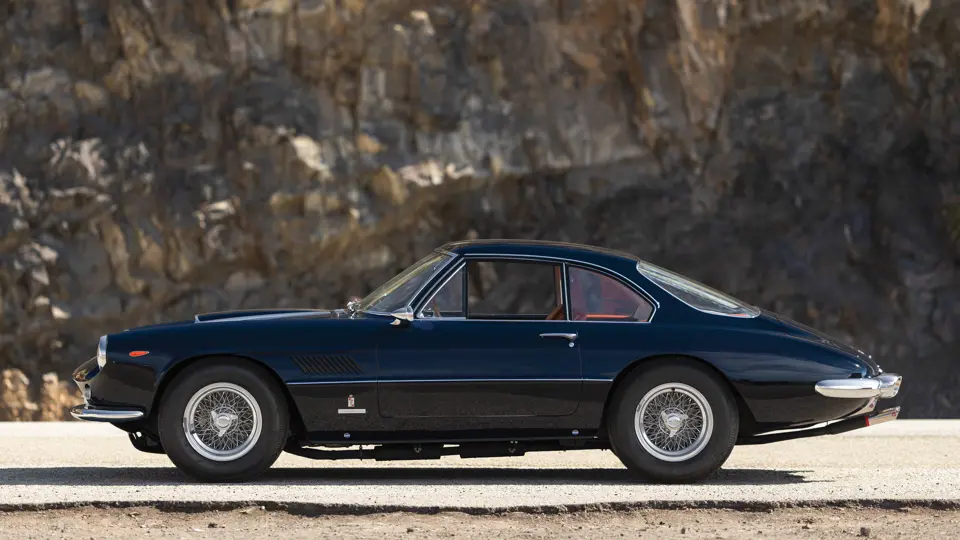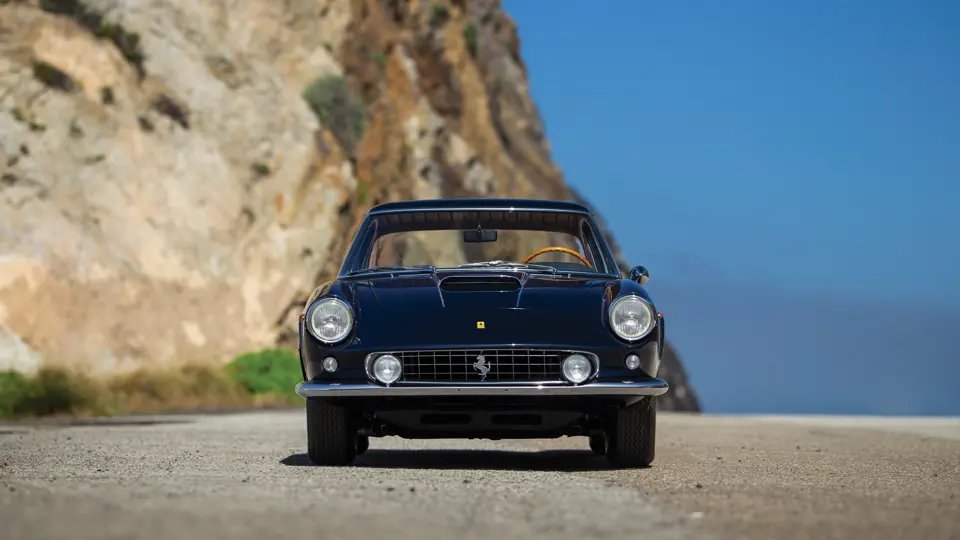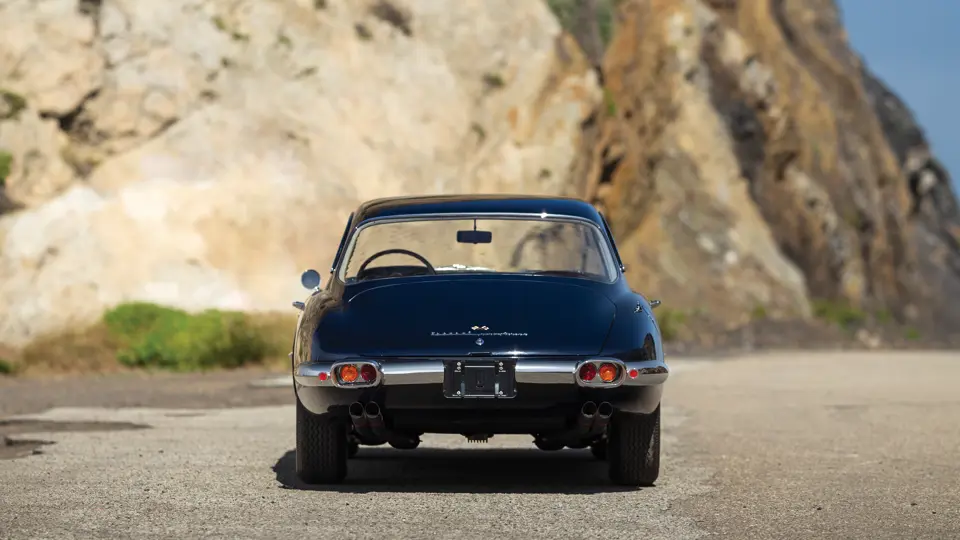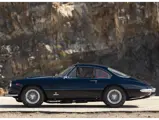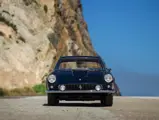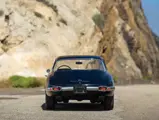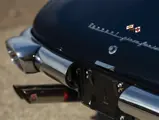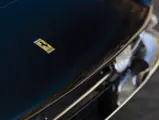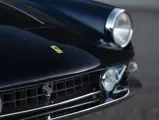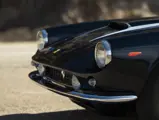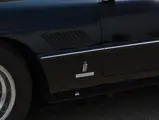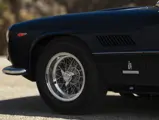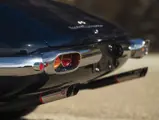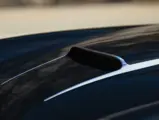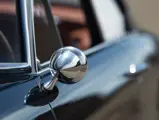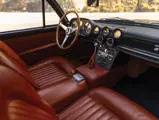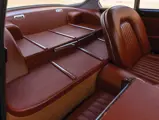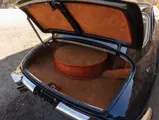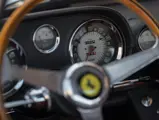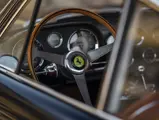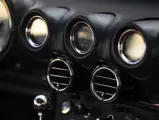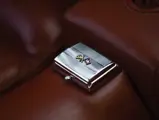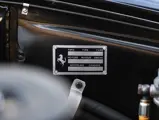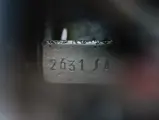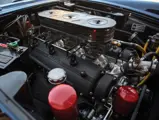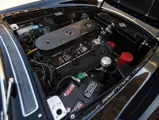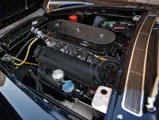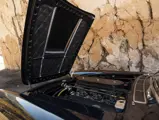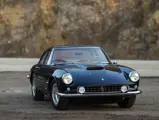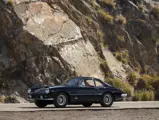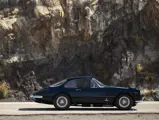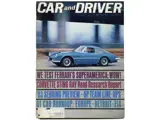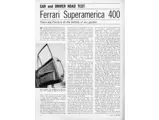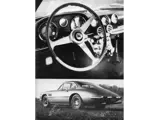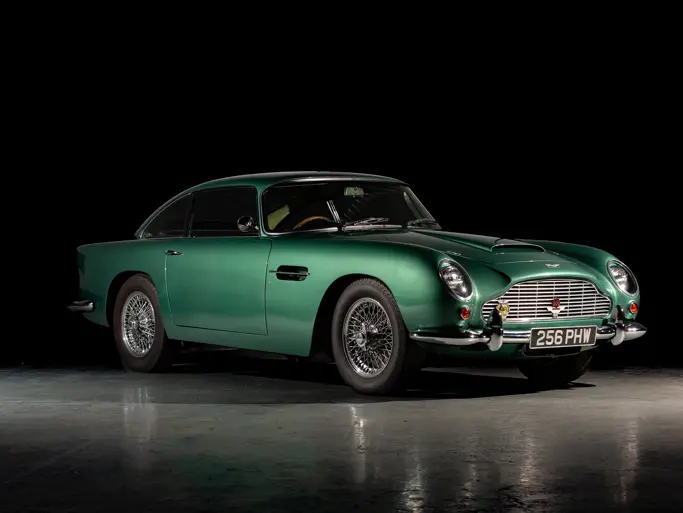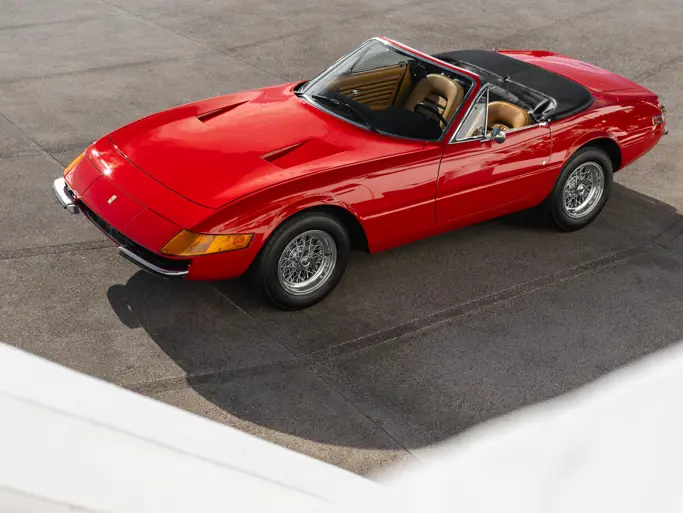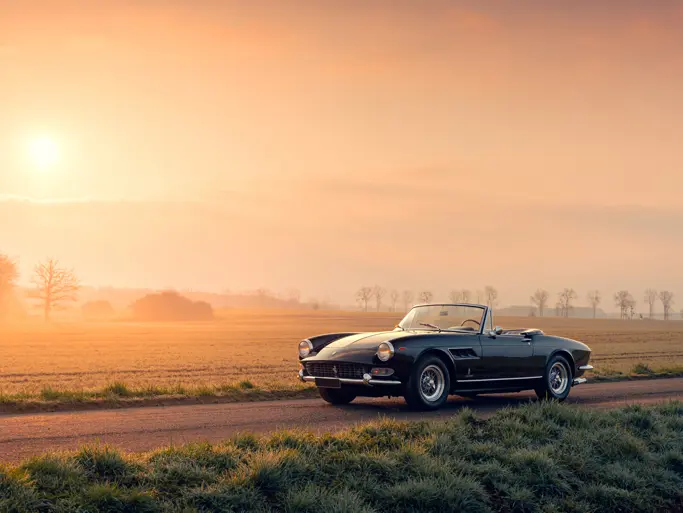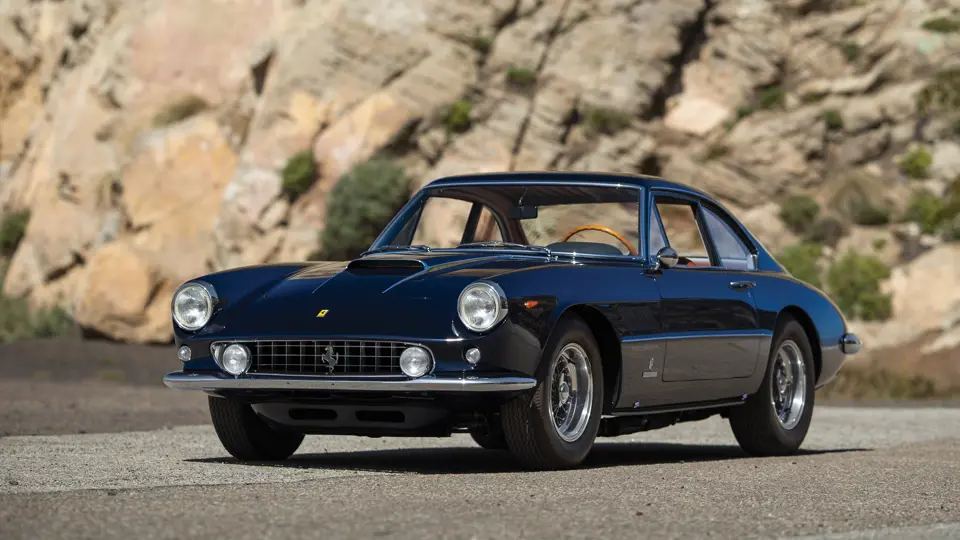
1961 Ferrari 400 Superamerica SWB Coupe Aerodinamico by Pininfarina
{{lr.item.text}}
$2,900,000 - $3,500,000 USD | Not Sold
{{bidding.lot.reserveStatusFormatted}}
- Ferrari Classiche–certified
- Retains its original engine, gearbox, and rear differential
- The fifth of only seventeen 400 Superamerica SWB Aerodinamicos
- Featured on the April 1963 cover of Car and Driver
- Documented by marque historian Marcel Massini
CRAFTING THE SUPERAMERICA
The high-performance luxury gran turismo was a new automotive idiom in the prosperous years following World War II. The genre had its roots with great pre-war touring cars like Rolls-Royce’s Phantom II Continental and Mercedes-Benz’s supercharged 500 K and 540 K sports coupes. Post-war luxury gran turismos included the Bentley Continental R-Type and, later, the Mercedes-Benz 300 Sc. Moving into the 1960s, these fast, luxurious cars continued to be the car of choice for the rich and famous. Most combined powerful engines with a highly competent chassis and were clothed in unique or limited-production coachwork from inspired designers, equipped to the highest standards, and trimmed in the finest materials.
Ferrari had offered such cars to its very best clients for years. Crafted in tiny quantities, they were superbly fitted and offered sparkling performance. One of the best-known of these was the Superamerica and Superfast series—superb cars with price tags that exceeded even Rolls-Royce. The Aurelio Lampredi–designed V-12 engine, which was originally developed for the four-liter GP cars, supplied power for the first-series examples. The 410 Superamerica appeared at the Brussels Motor Show in January 1956 with a 4,962-cubic-centimeter long-block engine that delivered 340 horsepower. Pininfarina’s coachwork was masterful, minimizing the car’s apparent size and conveying the car’s performance potential.
The second-series 400 Superamerica was introduced at the Brussels Motor Show in 1960, when chassis number 1611 SA, a two-place cabriolet, was first exhibited. Later, at the Turin Show in November, the Superfast II debuted, providing the inspiration for the Coupe Aerodinamico.
Introduced in 1962 as the Superfast III, the new car would be built between September 1962 and January 1964. A total of 17 examples were built. Unlike the earlier 410 Superamericas, these cars were fitted with the latest version of Ferrari’s legendary Colombo-designed V-12. The lovely design, penned by Pininfarina, featured a tapered nose and tail, creating an elegant, streamlined look. It was this design that earned the model its name: Superamerica Coupe Aerodinamico. It is considered one of Pininfarina’s great designs—an artful expression of Ferrari performance with stylistic elegance. Once again, their dizzying price tags ensured that the client base would be restricted to heads of state and captains of industry. These cars represented the pinnacle of Ferrari production, to be sure, with fantastic 1960s styling, extremely low production numbers, and world-class performance. One must also consider that, given the era, these cars were even rarer than other concurrent Ferrari models—the 250 GTO, the 275 GTB later on, and the 250 GT SWB included.
CHASSIS NUMBER 2631 SA
The fifth of only 17 short-wheelbase 400 Superamerica Aerodinamico coupes built, chassis no. 2631 was completed by the factory on 3 November 1961. According to accompanying factory build sheets, the engine produced 296.1 bhp at 6,500 rpm during factory testing. Originally built with open headlights, it was finished in Blu Lancia over a Blu Grigio leather interior with matching carpets in Blu Scuro.
According to Ferrari historian Marcel Massini, chassis no. 2631 would remain in Italy with its first owner, Emanuele Rivetti, but only for a year before being exported to the U.S. Shipped to Luigi Chinetti Motors in 1962, upon its arrival the car was sold by successful privateer racing driver Bob Grossman to John Mecom Jr., son of Texas oil magnate John Mecom Sr. and a previous owner of the New Orleans Saints NFL team. Prior to its delivery to Mecom while the Superamerica was still with Grossman, it was tested in Car and Driver magazine and graced the cover of the April 1963 issue.
Chassis no. 2631 remained with Mecom for the following seven years and was then sold to Paul Schreiber of Palos Park, Illinois. During his ownership, the car was shown at Emilio Tosi’s Ferrari Club meeting in Illinois in October 1973 and made another appearance at a Ferrari Club of America event at Joe Marchetti’s Como Inn in Chicago in April 1978. The Superamerica’s next owner would be Karl Dedolph of Wayzata, Minnesota, who subsequently sold the car to Wayne Nelson of Indianapolis, Indiana. The car would call the Hoosier state home for the next few decades after it was sold to noted enthusiast and vintage racer Tom W. Mittler of South Bend. After Mittler’s passing in June 2010, the car would remain with his family and estate for the next few years.
During this time the car received Ferrari Classiche certification, confirming that it retains its original chassis, engine, gearbox, and differential. The certification binder accompanies the car today and notes that it has been fitted with triple Weber 40 DCZ/6 carburetors (in place of the original Solex C40 PAAI carburetors) and Koni shock absorbers (in place of the original Miletto shock absorbers). Sold by the Mittler family in 2014, the car was purchased by its current owner, a noted collector based on the West Coast, and has remained with him ever since.
Truly a car built and designed for titans of industry, heads of state, and the uppermost echelons of society, the 400 Superamerica is an exceptional car in every way. Perfectly luxurious but certainly no slouch, it is clear to see why the Superamerica remains one of the most significant and celebrated Ferraris ever built. Beautifully restored and Ferrari Classiche–certified, which confirms that it retains all its major original mechanical components, chassis no. 2631 is an exceptional example of its kind and would stand proud in even the most significant of Ferrari collections, just as it has for decades past.




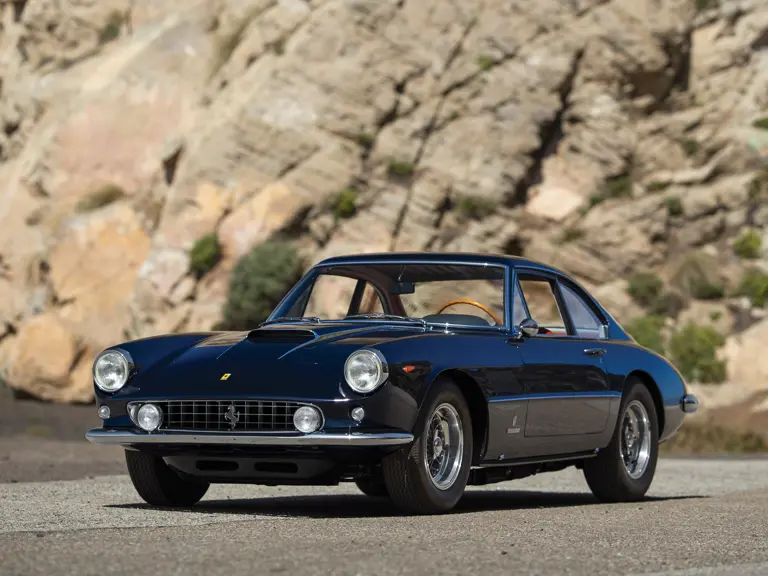
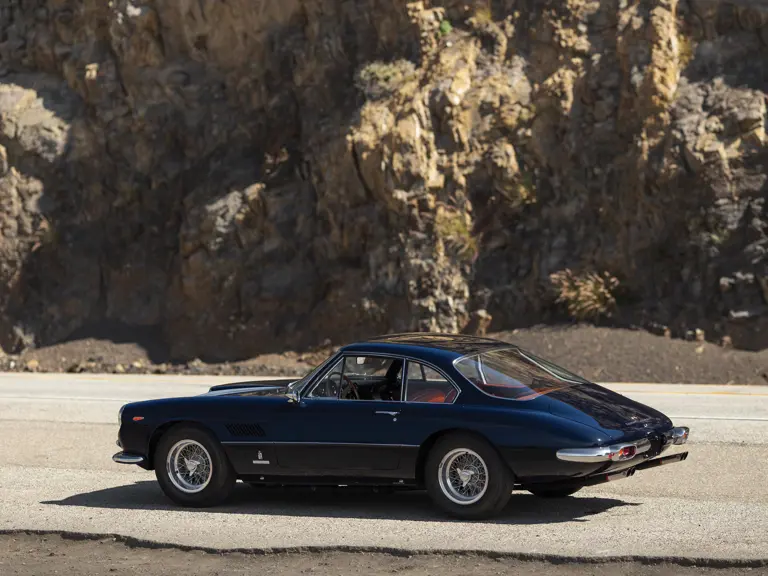
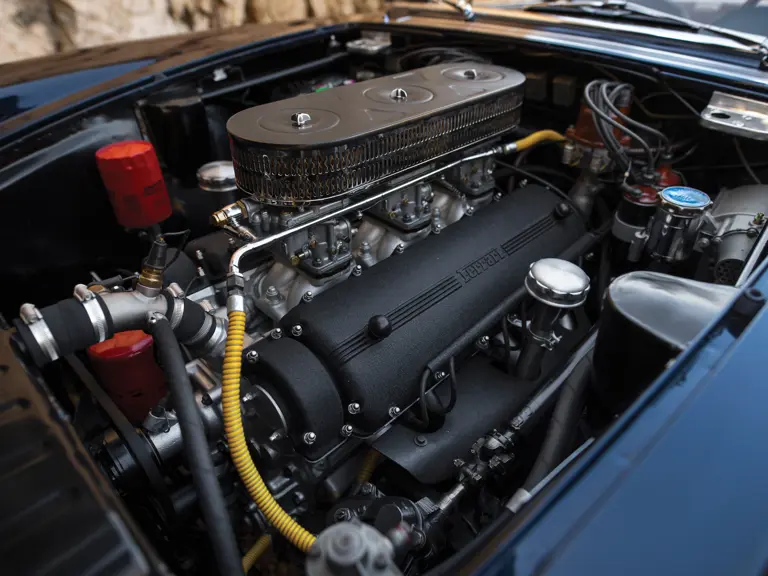
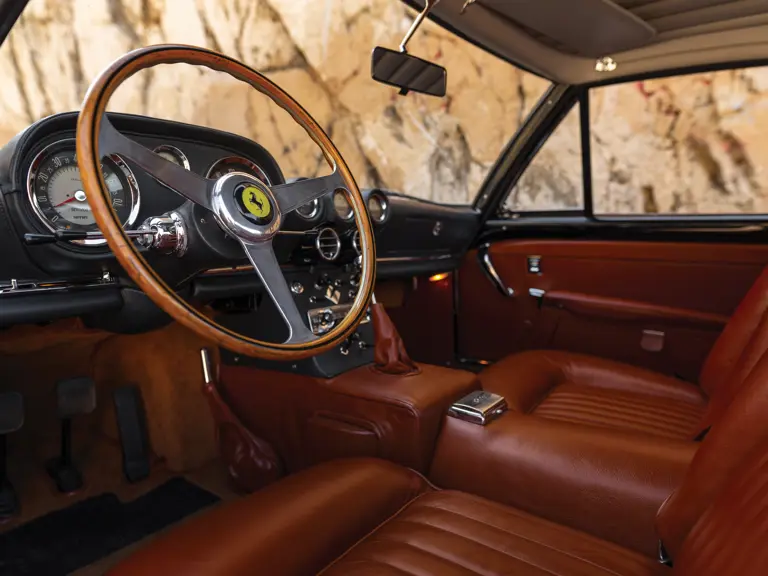
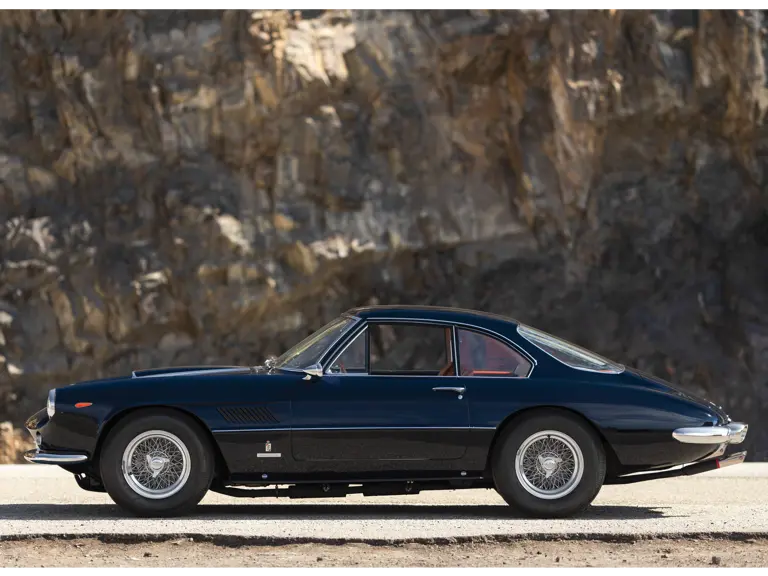
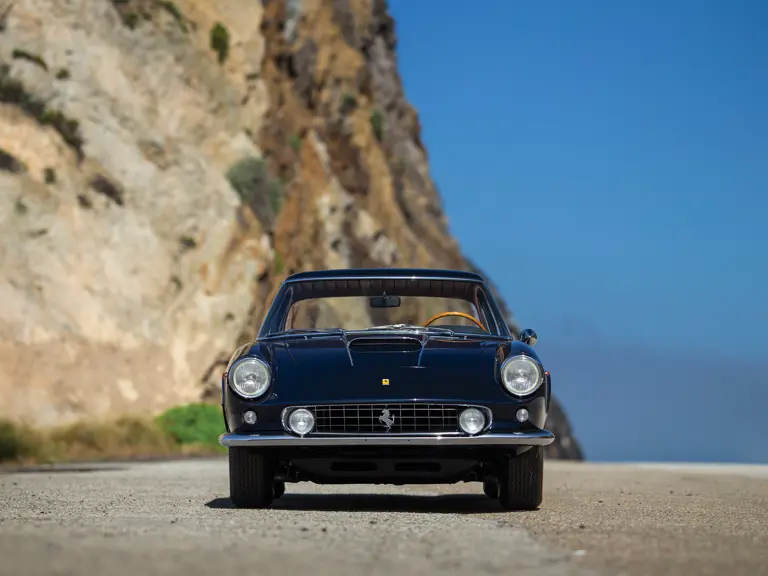
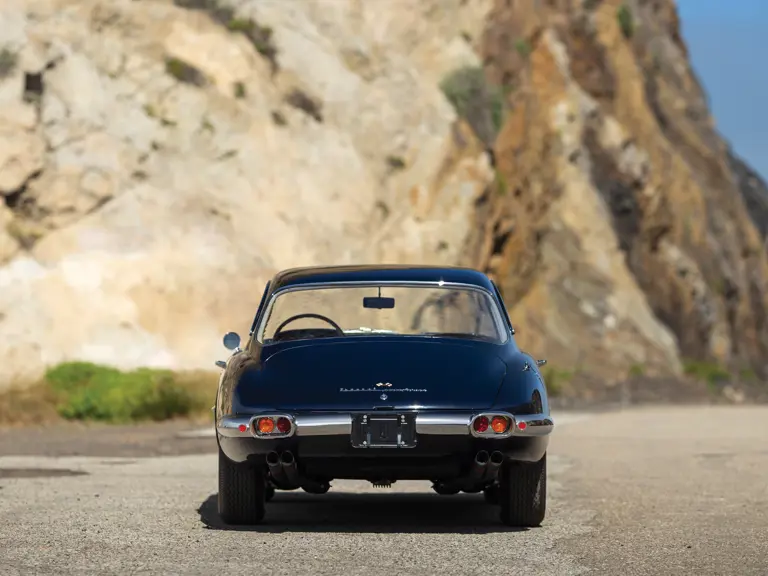
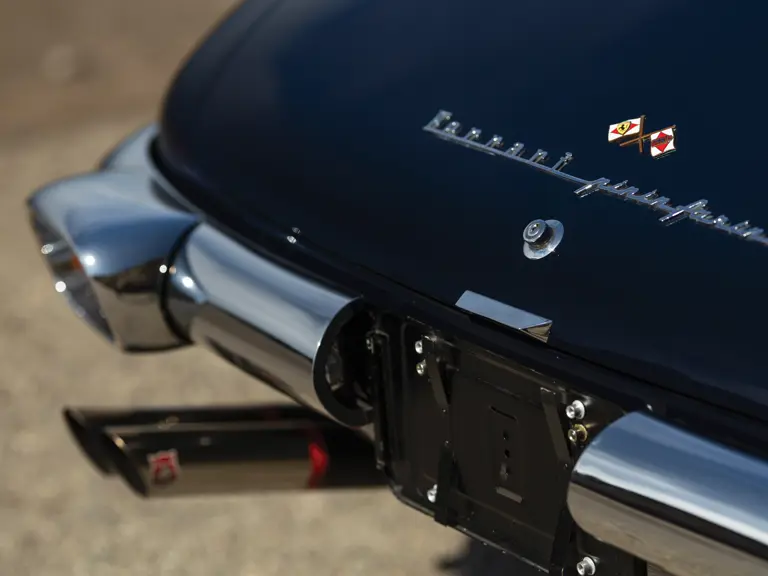
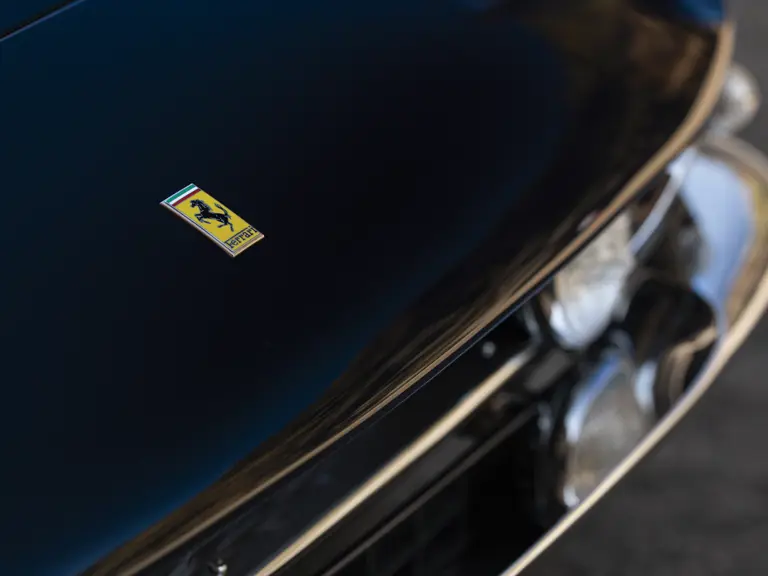
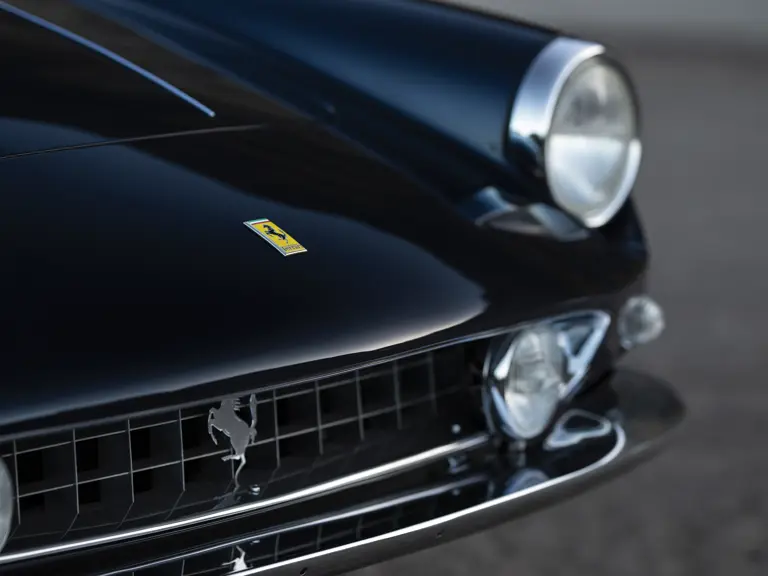
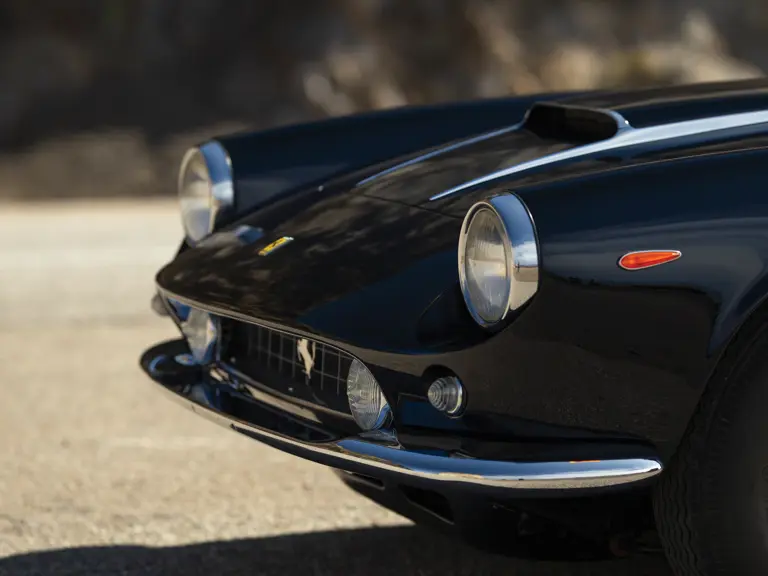
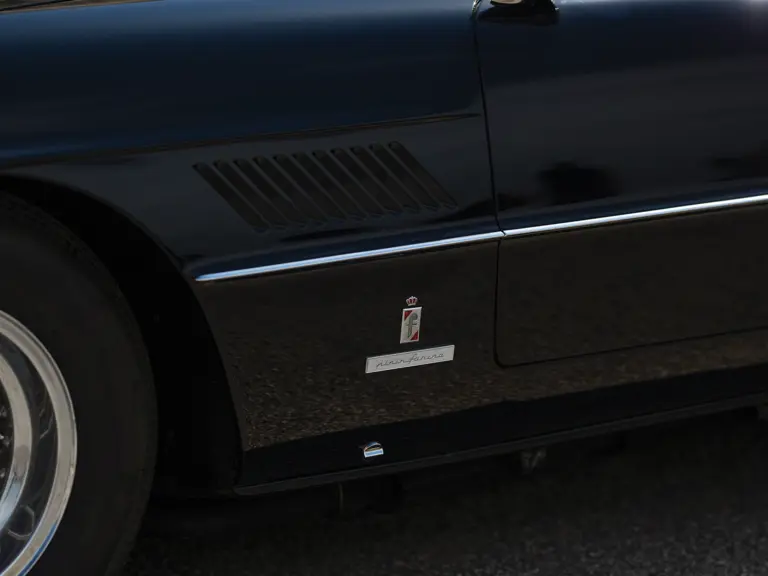
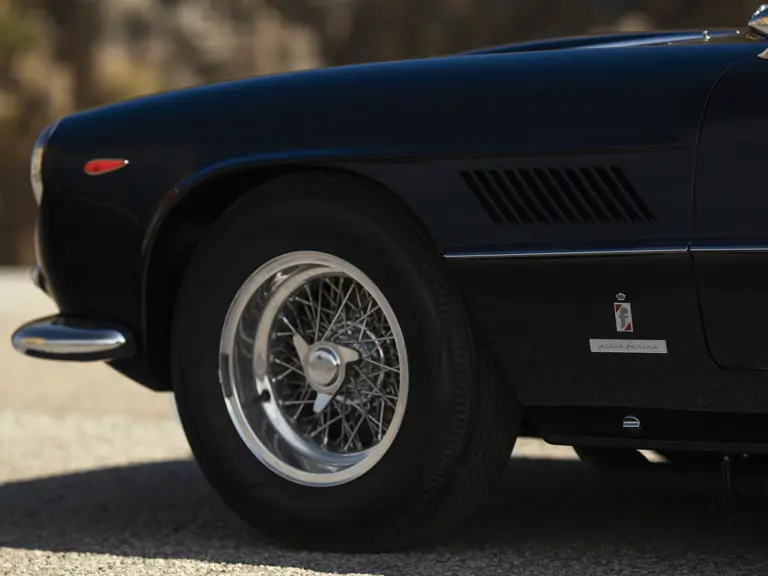
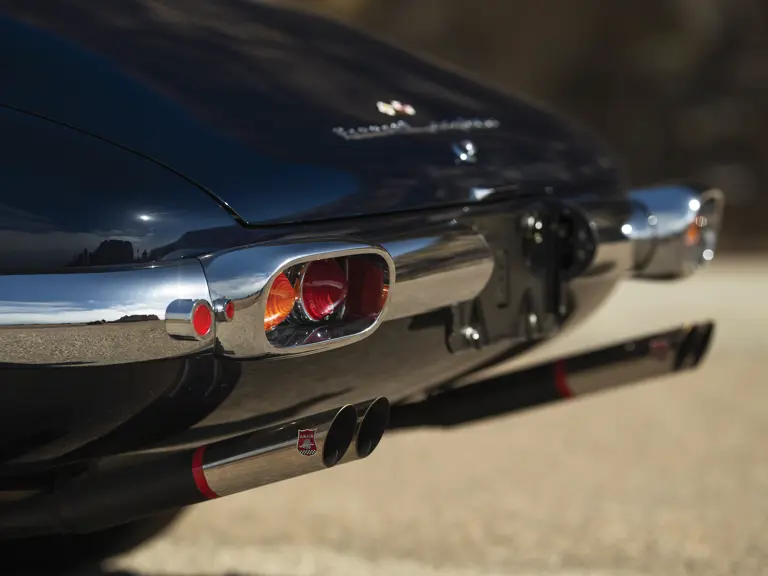
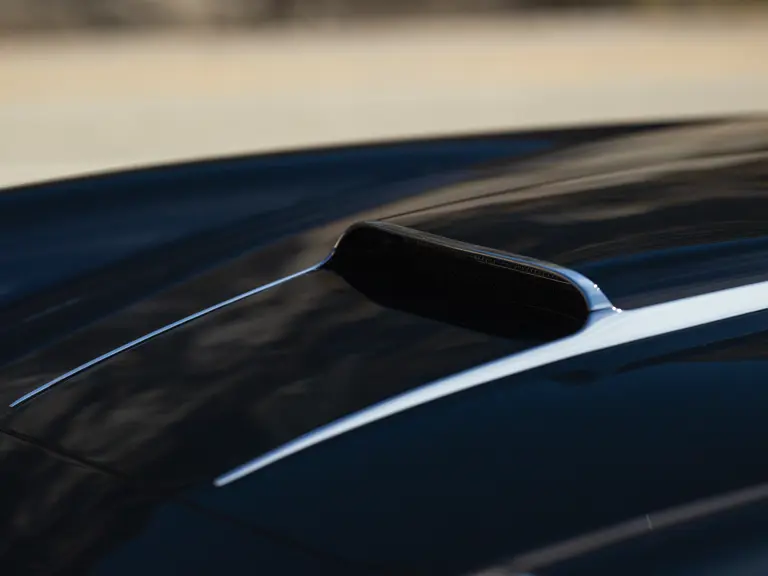
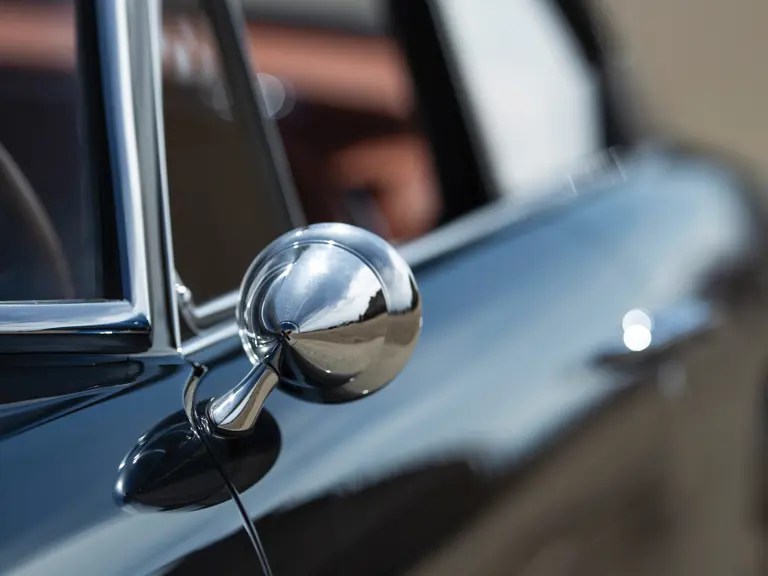
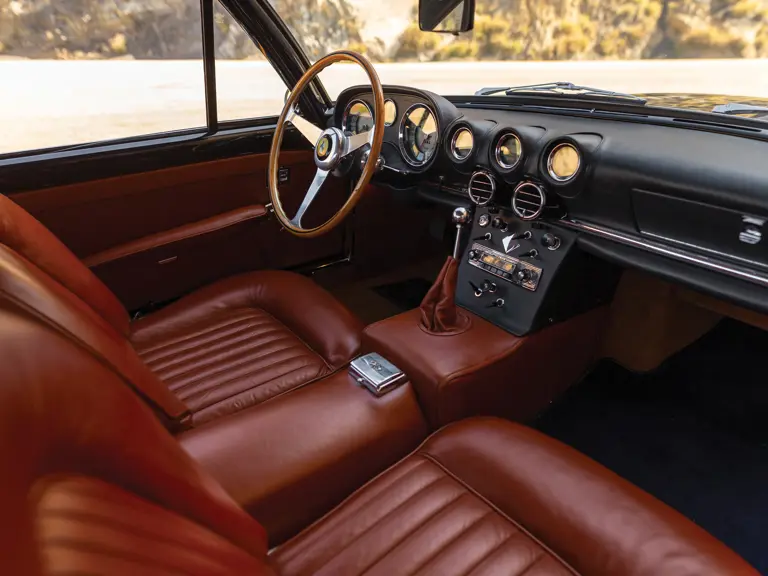
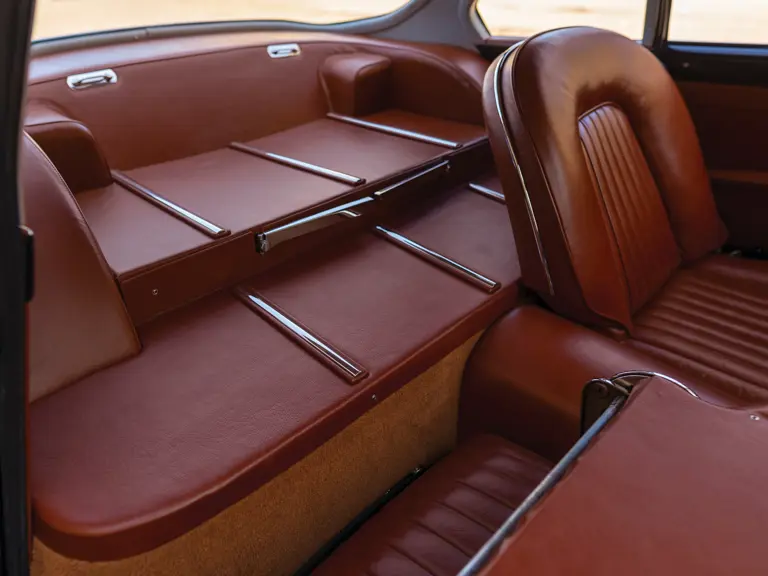
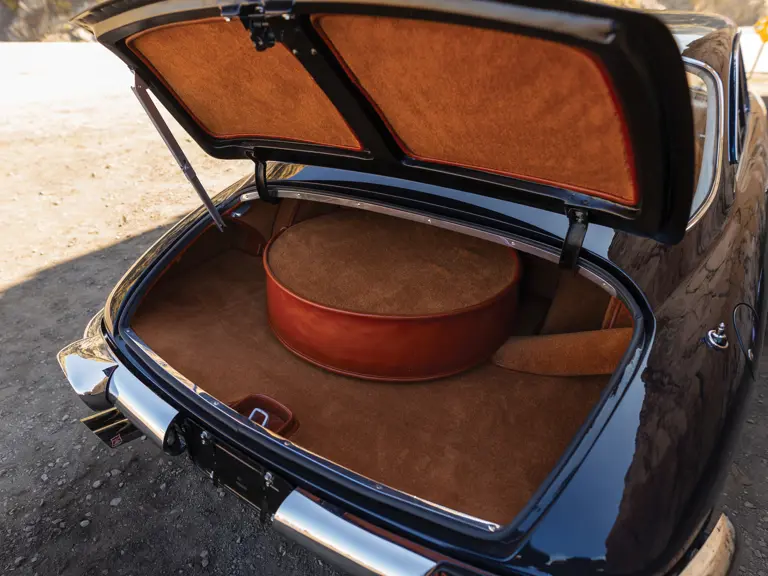
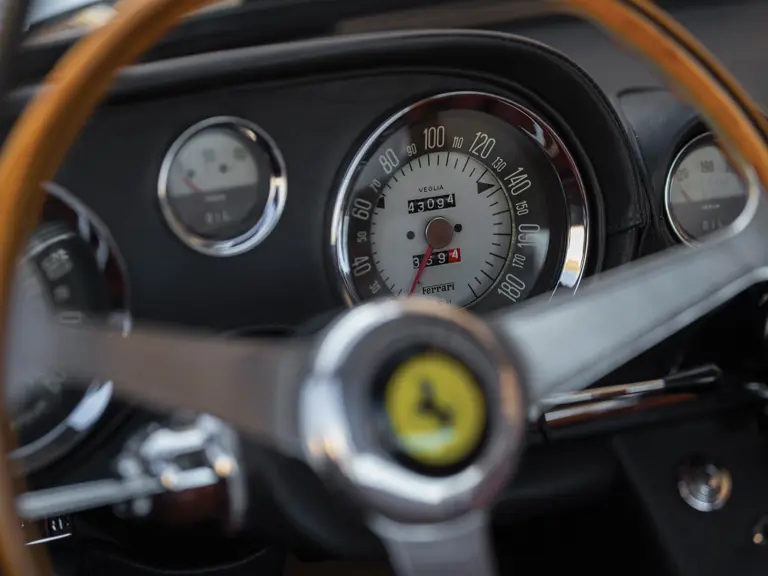
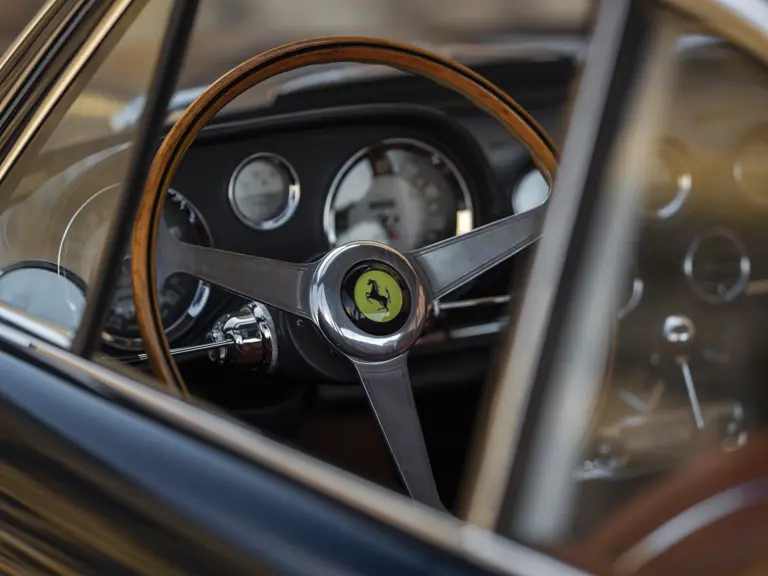

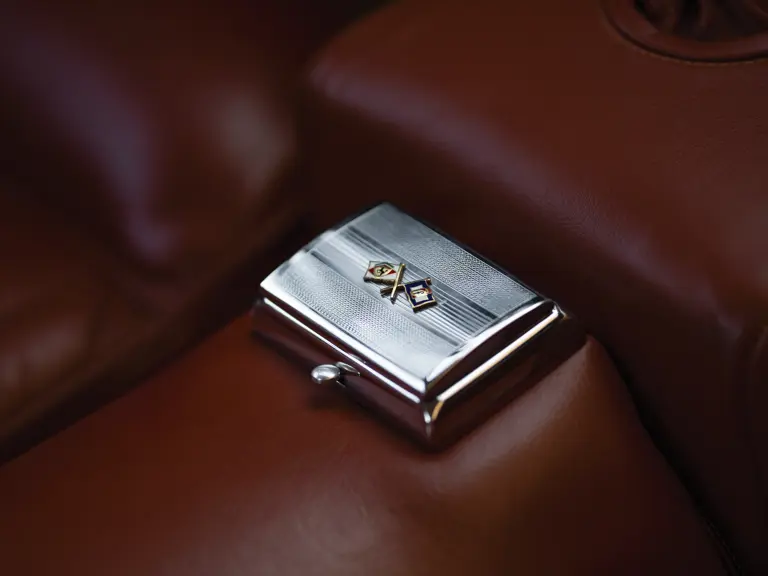
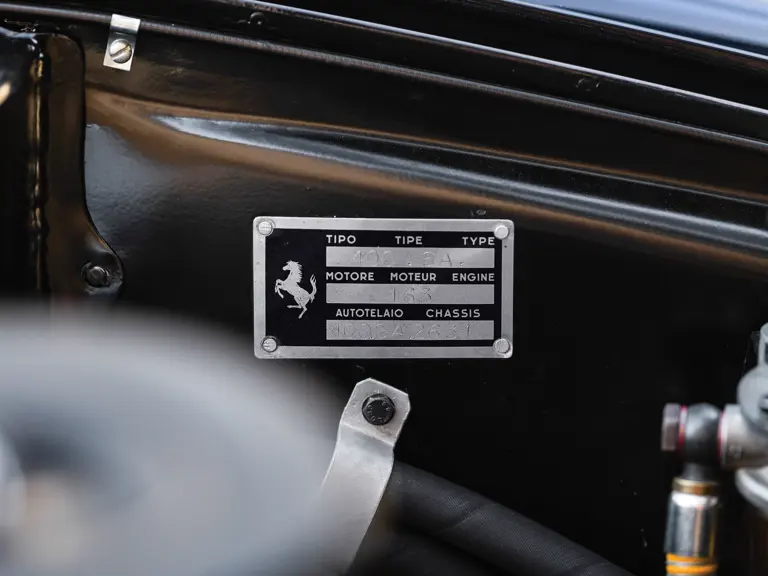
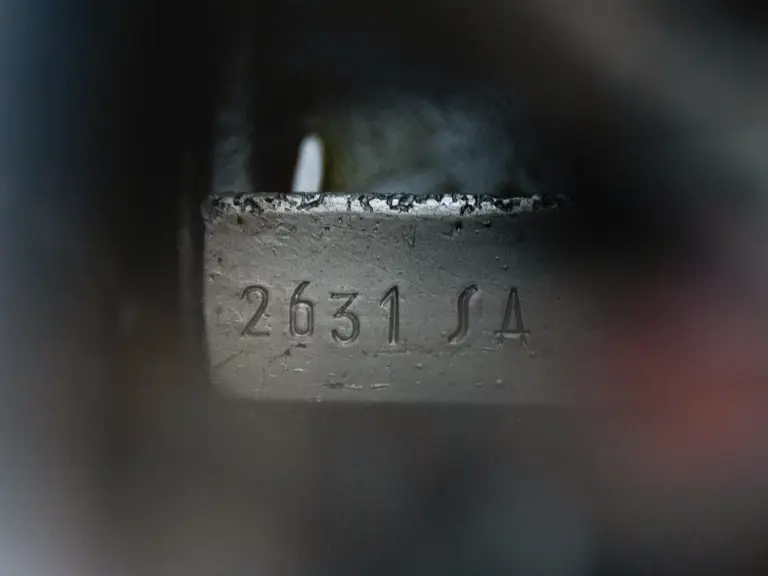
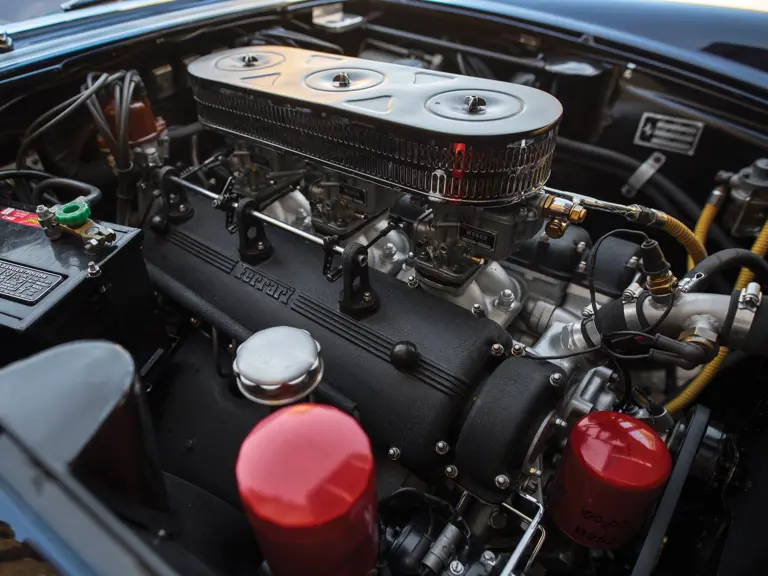
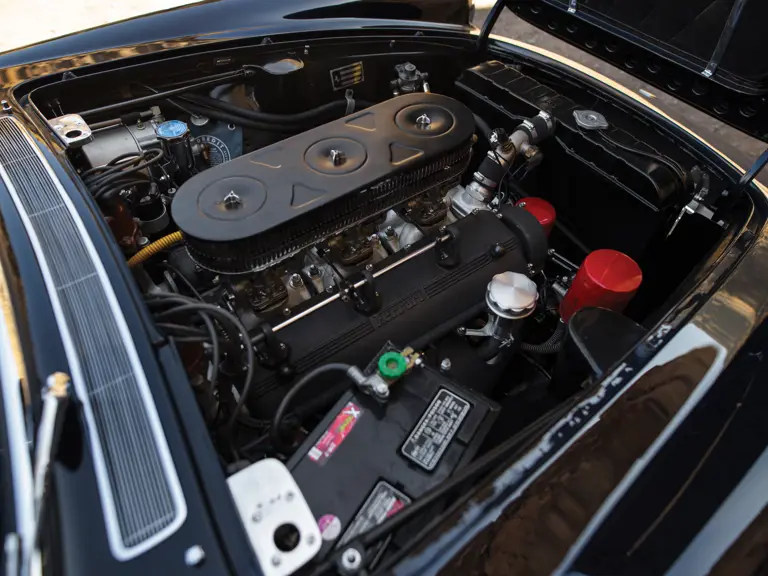
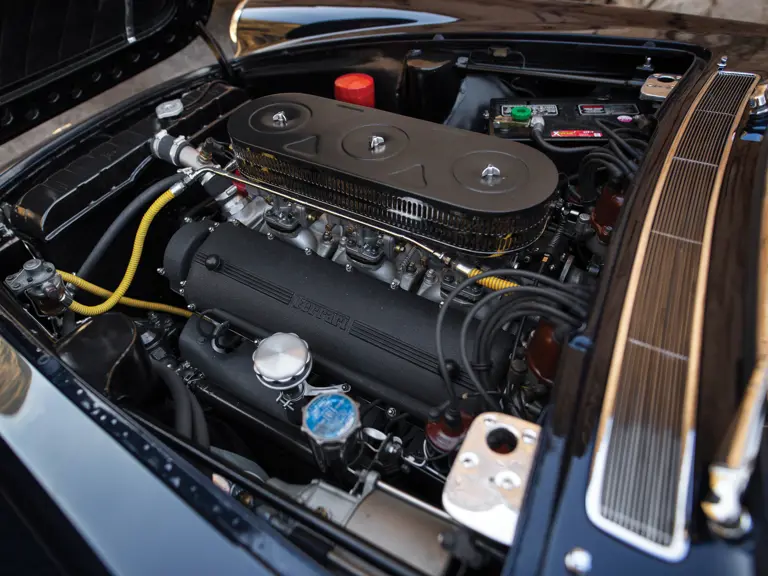
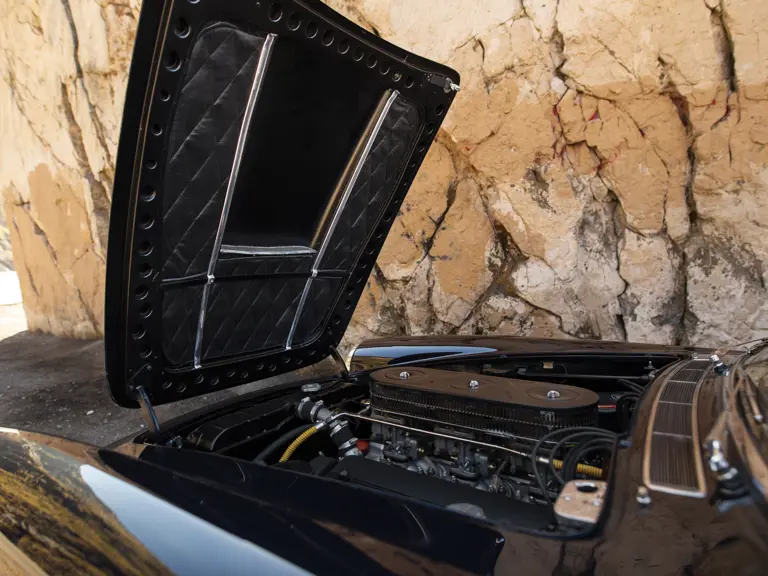
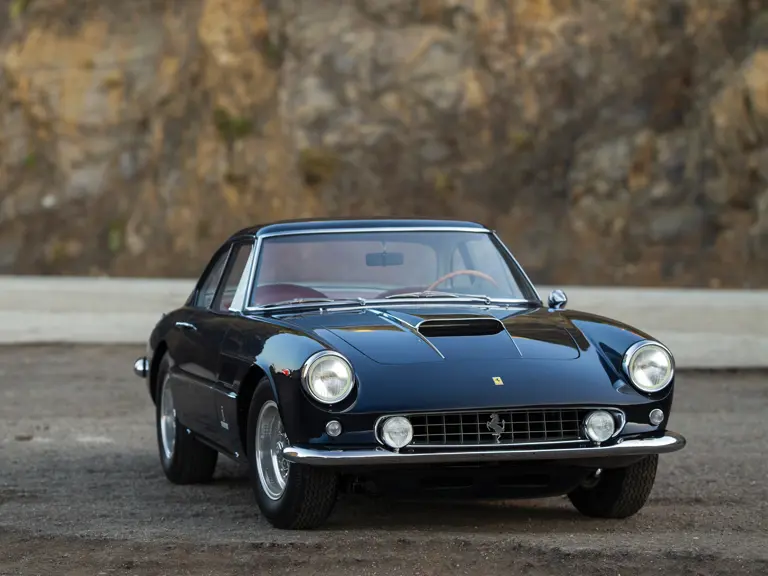
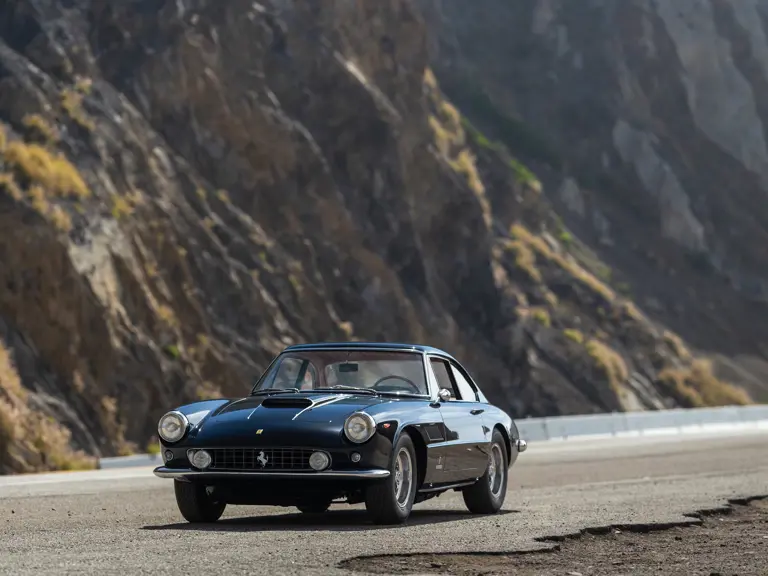
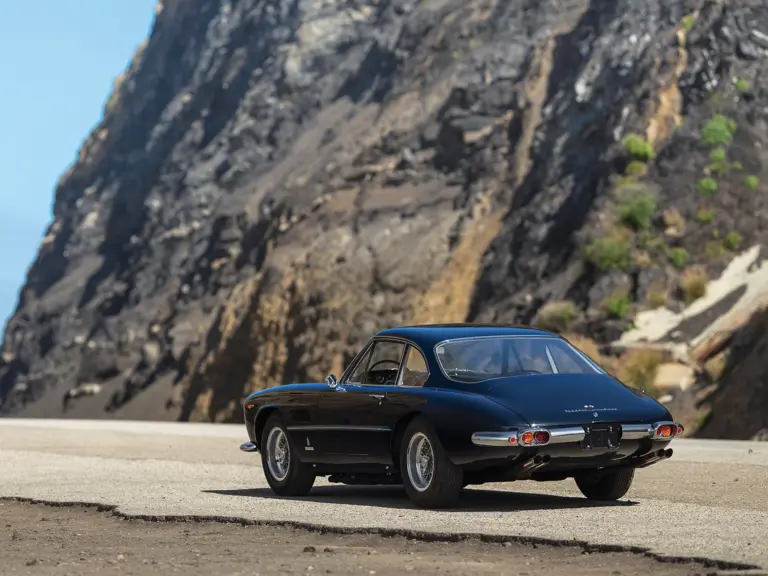
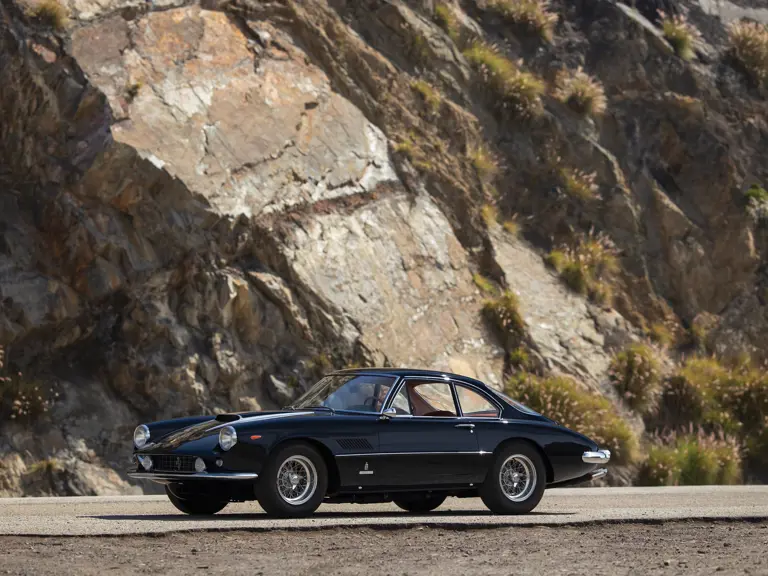
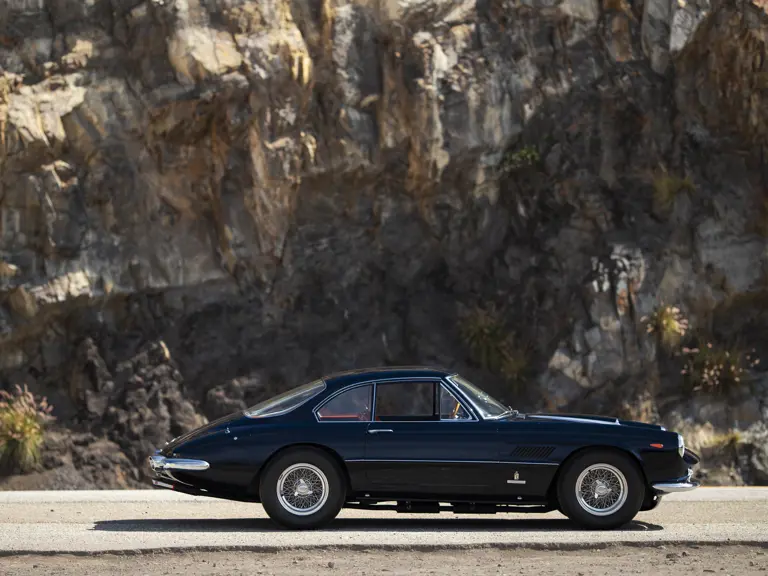
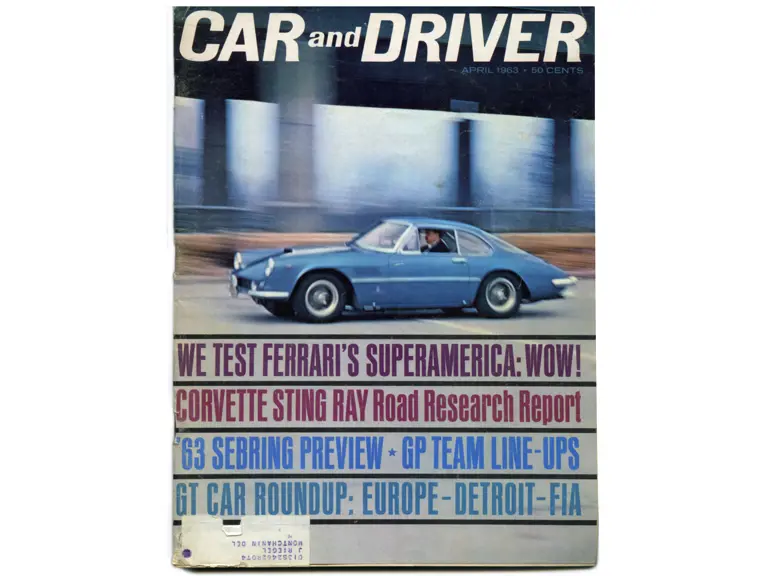
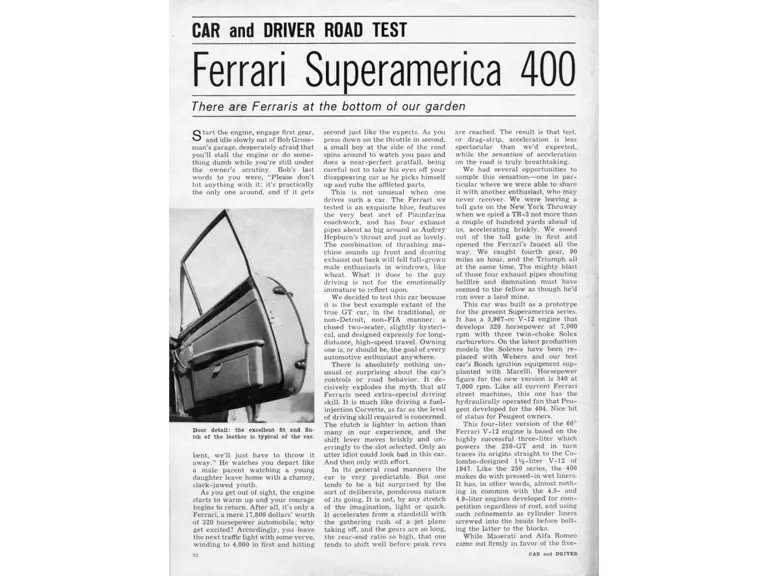
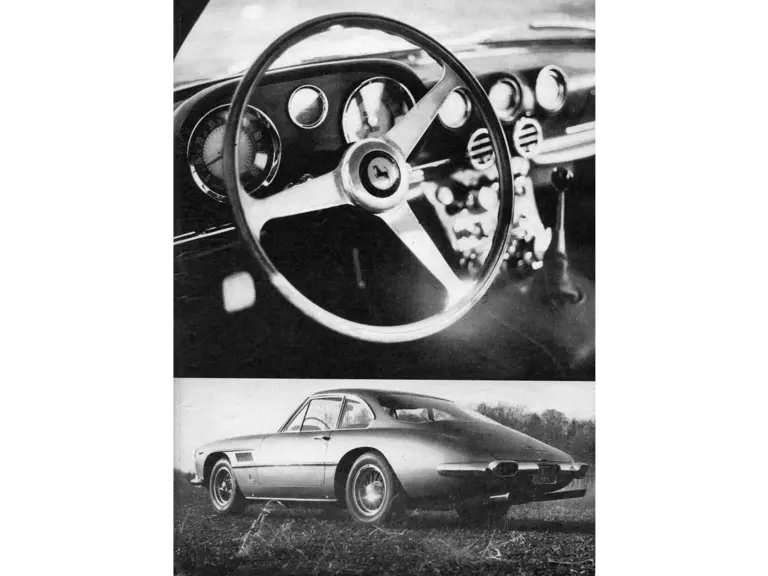
 | Monterey, California
| Monterey, California
